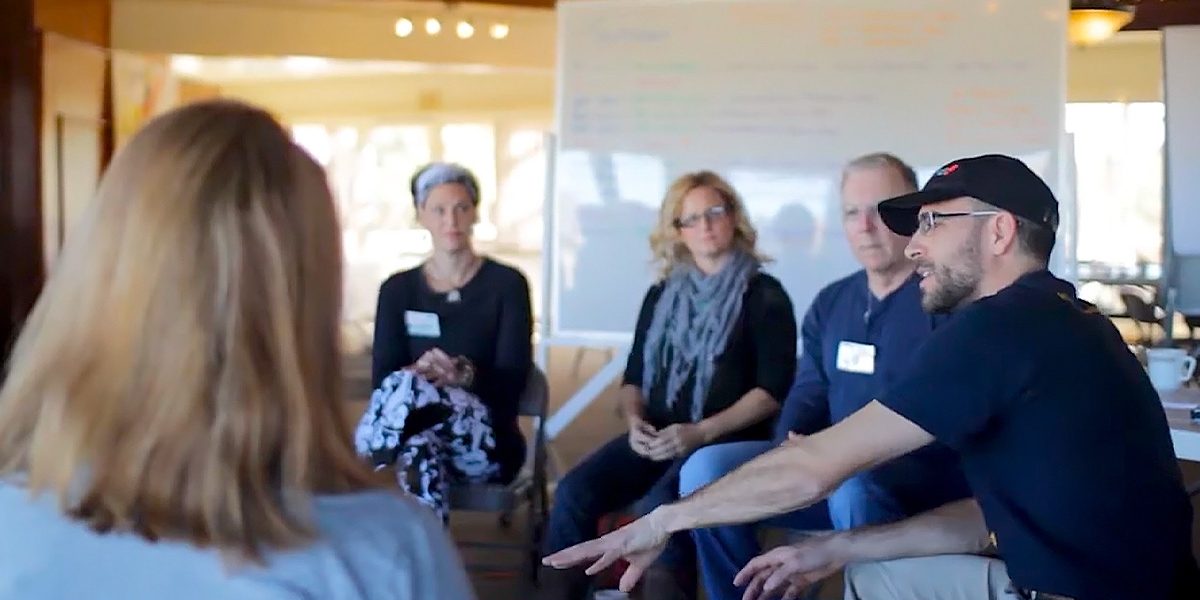Canada is making history by introducing the world’s first Social Connection Guidelines, set to be released in the next few years. These guidelines aim to encourage individuals to develop more positive and meaningful relationships, both virtually and in person.
This is a crucial step in the current context where many people are experiencing increased disconnection due to the rise in remote and hybrid work arrangements.
At the core of these guidelines is the understanding that social connections have a significant impact on our physical and mental health. Research has proven that individuals with strong social connections are more likely to live longer, have better overall health, and are better equipped to manage stress and difficult situations.
What Does Social Connection Mean for Our Wellbeing?
The Harvard Study of Adult Development has identified social relationships as the most critical factor in predicting a longer, healthier life.
On the other hand, loneliness and social isolation can lead to negative health outcomes, such as an increased risk of heart disease, depression, anxiety, substance use disorder, and cognitive decline. Unfortunately, many individuals are unaware of the harmful effects of isolation on physical health.
The Canadian Association for Social Connection and Health (CASCH), a non-profit organization dedicated to promoting social connection as a key determinant of health and well-being, has been leading the development of the Social Connection Guidelines. With the support of the Canadian government and in partnership with the GenWell Project led by Founder Pete Bombaci, CASCH has conducted extensive research on the importance of social connection and its impact on health. The forthcoming guidelines will offer practical tips and advice on building and maintaining meaningful social connections, covering topics such as starting a conversation with a stranger, joining a community group, or volunteering.
How to Practice Social Connection for Wellbeing
While we wait for the full guide from CASCH, there are a number of things that individuals can do to enhance their social connections today.

Attending human connection events, such as networking events, yoga classes, book clubs, or cooking workshops, is an excellent way to meet new people and form meaningful connections. Joining community groups and volunteering are also effective ways to give back to society while connecting with like-minded individuals.
It’s also vital to build connections in the workplace!
There are some fantastic ways to foster connections in the workplace. Begin by encouraging colleagues to share their interests and hobbies, make time during weekly team meetings to do a round of personal check ins, as this can help uncover common ground. Collaborating on projects and offering assistance to one another also strengthens bonds between team members.
It’s important to celebrate achievements and milestones together, creating a positive atmosphere. If your workplace isn’t already doing this, consider organizing team-building activities like group outings or volunteering events. Team retreats are another great way to foster deeper connections and build a sense of community within the workplace.
In conclusion, Canada’s Social Connection Guidelines are a significant step towards promoting social connection as a key determinant of health and well-being. Positive social interactions are beneficial not just for our mental health but also our physical health. By taking advantage of the practical tips and advice in the guidelines, individuals can start building more positive and meaningful relationships.
An Honest Conversation
Since the rise of hybrid work, social connection has been a trouble spot and it’s taking its toll on team wellbeing. How can leaders of hybrid teams create a workplace culture that supports connection and wellbeing – without jeopardizing their own wellbeing?
While we wait for the guidelines to be released – it’s best to hear it straight from other leaders who are experiencing it live. Join us on Thursday, April 20th for a FREE one-hour conversation – expertly facilitated by our CEO, Ginny Santos – that will give you a new perspective on what it means to lead with your own wellbeing in mind.
Connect with other leaders who are looking for answers on how to improve their wellbeing
Reflect on what’s getting in the way of your own self-care and your team’s wellbeing
Discover the 5 mistakes organizations are making when it comes to supporting the wellbeing of their leaders and teams
Uncover the four major “energy suckers” that drain your vitality and can pose a challenge to even the most effective self-care strategies.

By Tony Esteves, Facilitator, Talk2MorePeople







